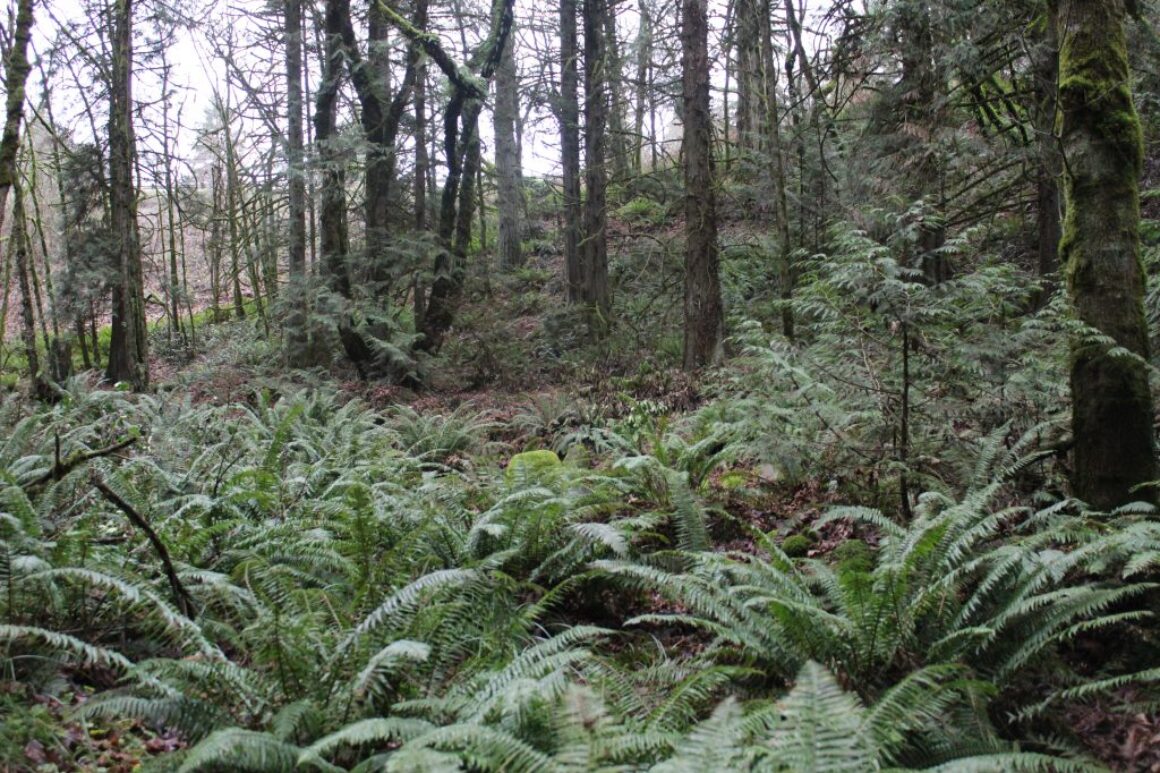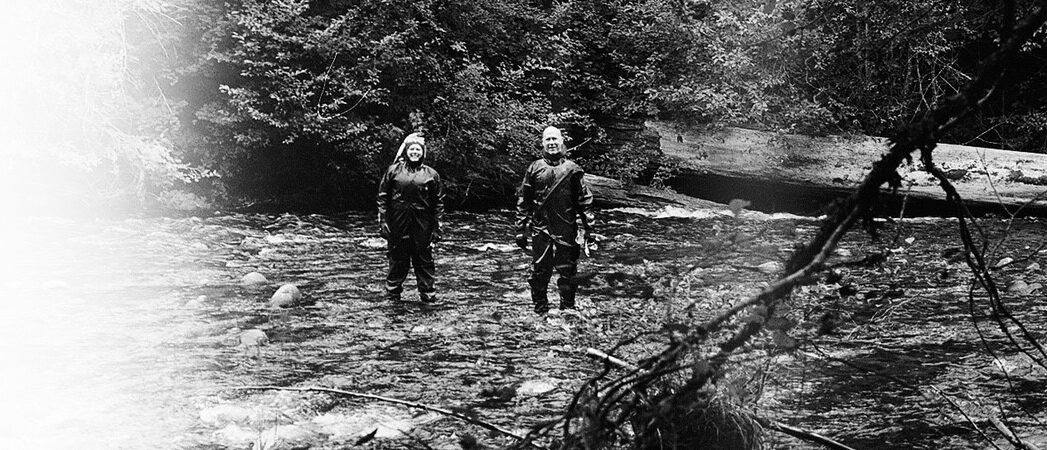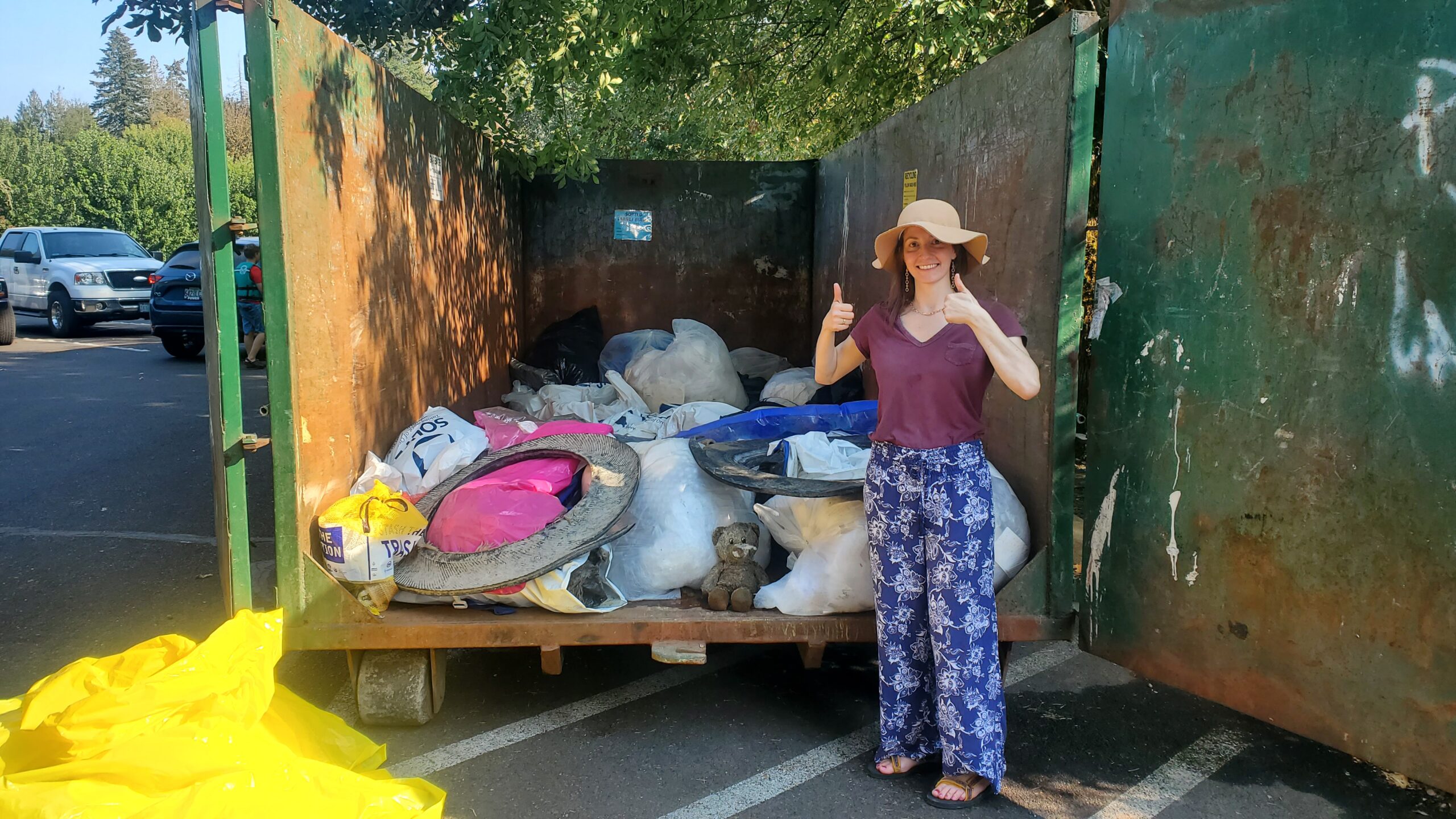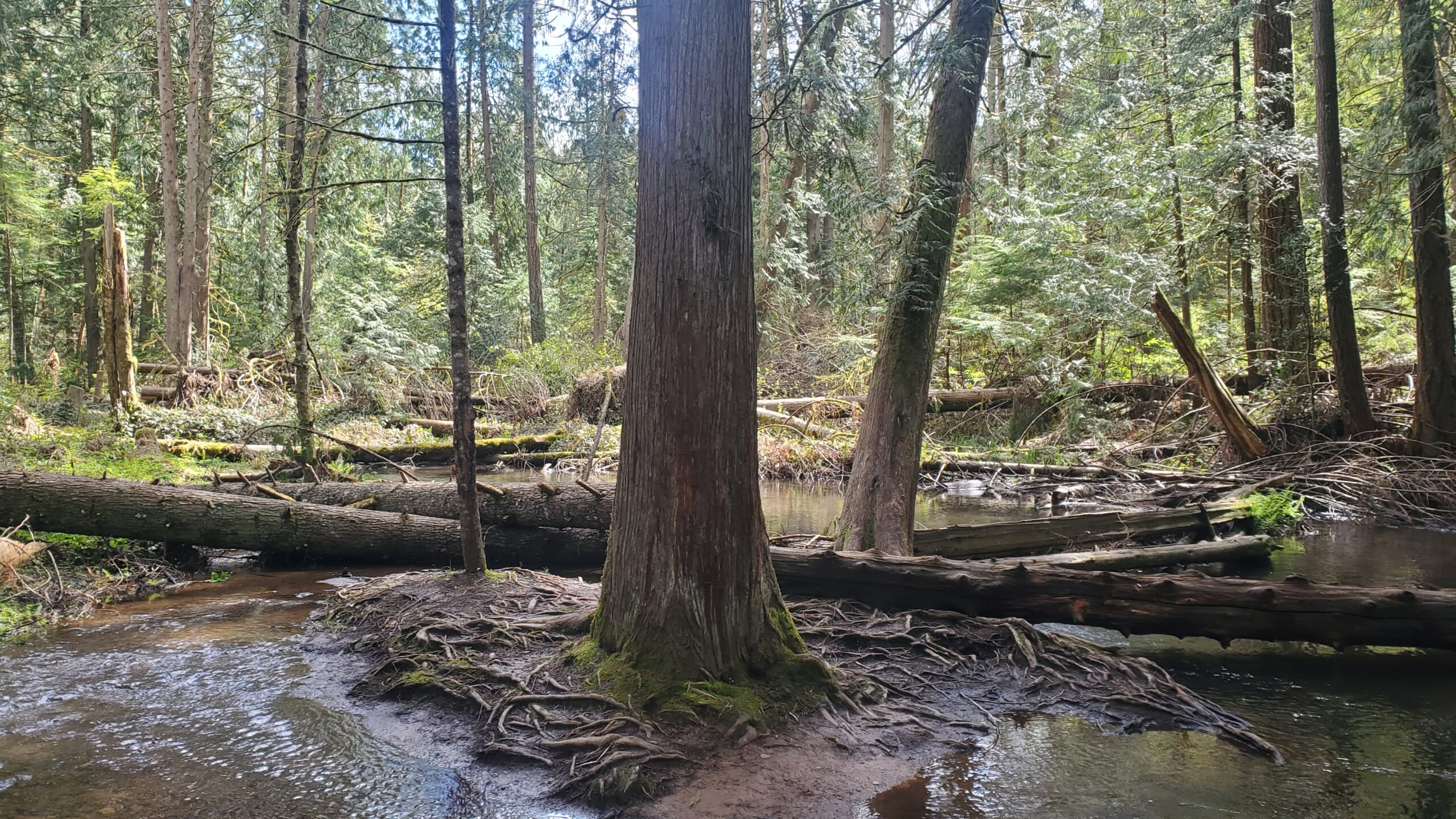Grants of up to $15,000 offered to landowners for waterway projects benefitting aquatic species, wildlife or waterway health.
Landowners are required to partner with a watershed council, soil and water conservation district, or tribe to submit applications. Landowners also must create competitive projects and keep up with reporting and maintenance requirements. To figure out which watershed council, soil and water conservation district, or tribe would be an appropriate fit for your potential project, contact Cheryl McGinnis, Small Grant Team contact for projects of interest within areas east of the Willamette River to Estacada and between the Columbia Slough on the north and south to Canby. Reach McGinnis at cheryl@clackamasriver.org, or 503-303-4372.
Teams with representatives from councils, districts and tribes have established priorities for types of projects to be funded under this program in each of 28 areas within the state. Priorities for project funding include actions that improve fish passage, instream conditions, streambank and wetland vegetation, and water quality and water quantity. In addition, projects that reduce impacts of roads and other impervious surfaces are priorities for funding consideration. Local evaluation committees review applications and forward recommendations for funding to OWEB.
The next application deadline is February 6, 2023. The review process usually takes less than 60 days. Successful applicants have two years to complete the funded project.
The Small Grant Program has helped agricultural landowners comply with Agricultural Water Quality Management Area Plans designed to ensure that agricultural operations protect water quality. More than 75% of program projects have supported the plans.
Examples of funded projects include:
- McMillan Culvert Removal – Clackamas County, with $15,000 grant provided improved fish passage and habitat for Rock Creek by removing a culvert that no longer supported vehicular travel and was prone to flooding during high water events.
- Heron Lakes Golf Course Project – Multnomah County, with a $15,000 grant the Columbia Slough Watershed Council in partnership with the golf course expanded on the course’s previous work to incorporate pollinator forage around the course perimeters. Forage plants for pollinators include lupine, crimson clover, and phacelia. Benefits include reducing chemical maintenance of planted areas.
- Boardman & Rinnearson Headwaters Project – Clackamas County, awarded $14,996 to restore the headwaters to a more natural state. Invasive plants are replaced with native-to-Western Oregon plantings. A selection of native trees, shrubs and herbaceous plants replicate native plant communities to this site including Oregon ash, spirea, and carex appropriate for riparian floodplain habitat.
- Sunshine Creek Revegetation – Clackamas County, was granted $14,950 to improve riparian functioning through invasive removal and native trees and shrub planting to provide shading over the waterway, provide erosion and sediment control and provide improved habitat for birds and wildlife.
- Mt. Scott and Camas Creek Enhancement – Clackamas County, with a $14,996 award enhanced an area within North Clackamas Park, a 40-acre park, to control patches of reed canary grass, ivy and blackberry that inhibit natural and beneficial functioning derived from native plant species. The project reestablishes natural functioning of riparian areas along Mt Scott and Camas Creeks with native vegetation.
- Foster Place Revegetation – Multnomah County, awarded $12, 529 to manually remove invasive plant species on 10 properties and replant with native vegetation. Landowners commit to ongoing maintenance of native trees and shrubs.
- Kellogg Lake Riparian Project – Clackamas County, with $12,528 in grant funds replaced invasive plants with native vegetation to restore areas surrounding the lake with an age-diverse canopy, shrub and ground layer.
Since 2002, the Small Grant Program has awarded more than $16 million to nearly 2,600 projects.
Other OWEB grant programs fund more complex projects and support a variety of related activities. For more information about OWEB activities and programs, visit www.oregon.gov/OWEB or call OWEB in Salem at 503-986-0178.
OWEB projects support the Oregon Plan for Salmon and Watersheds that emphasizes private, voluntary actions to restore wild salmon populations. OWEB is a state agency led by a policy oversight board. The agency provides grants and services to citizen groups, organizations and agencies working to restore healthy watersheds in Oregon. Funding comes from the Oregon Lottery as a result of a citizen initiative in 1998, sales of salmon license plates, federal salmon funds, and other sources.




